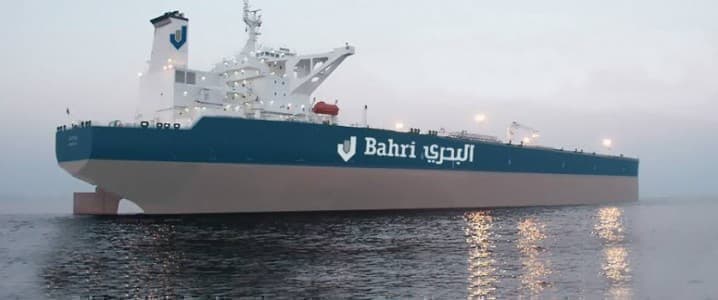Your argument is absolutely correct that different exchange rates are appropriate for different purposes (something often, sadly, ignored - credit to you for bringing it up), but unfortunately, share of PPP GDP as a measure of military spending (let alone effectiveness) isn't necessarily a better measure than share of nominal GDP. Sometimes it is, sometimes it isn't. It depends on various factors.For some time economist and people in market already debating which one is more appropriate to shown real economics size of a nation. Either GDP Nominal (usually in USD) or GDP PPP. So far the answer that many in market see is neither one, more combination of both. As the condition of a nation is differed to each other.
Simplyfied this, if a nation are more depends on Global Trade, most of their productions depends on materials sources from Global Production Chain, then Nominal GDP more appropriate to shown their economics size. However on the opposite, if a nation mostly source their productions domestically using their own production chains from front to end productions cycles then, they are more approprite to used PPP GDP to shown their economics size. This is related to how much the costs of similar type of productions not just costs of production and materials but also cost of manhours.
So especially in Military Industrial Complex it is more differed if we compare China and lesser extent Russia toward MIC of Collective West. The costs to build one Frigates in China and Russia (including all armaments and components) costs much less then what needed in collective west. However if emerging nations like India or Indonesia want to build their Frigates domestically it can turn out more expensives or at least in similar costs then build it in Euro yards.
Put it China and Russia vs India and Indonesia as example to shown the difference levels of domestication matter more then just the costs of manpower etc. Even tough all four have PPP GDP that more or less 3 to 4 times higher then Nominal ones. Simply because the level of domestication sourcing between China and Russia MIC are far higher then Indian let alone Indonesia ones.
This is what I'm saying in this thread for some time. If the embargoes able Russian MIC to sources domestically or from other non collective west their productions materials, then Nominal GDP comparison can not be use as guidance on how far the Russian MIC productivities level after the embargoes. Same thing can not be just shown Western Nominal GDP as comparison to how much they can produce more to emerging market productivities (which Russia and China included).
So comparing how much Collective West can put on their defense Budget compare to what China or Russia can put on theirs, definitely not going to shown comparable productivities output results. It is only shown west increasing their outputs, but not how much Russia or China can put on dollar to dollar base.
For a country that imports most of its hardware, e.g. Saudi Arabia, applying PPP to that share of spending would be very inappropriate, for example. Ideally, we'd like to have sectoral PPPs for different parts of military spending.
In the cases of China, India & Russia, defence PPP is very likely between the exchange rate & whole-economy PPP, & might be closer to whole-economy PPP than the exchange rate (though less so for India than the others because of its very large hardware imports as a share of defence spending), so your argument is quite right for them, but not always.
And BTW, the PPP GDPs of China, India & Russia aren't 3 to 4 times nominal. According to the World Bank (2021 figures), they're 1.5 to 3 times. That's a major difference between nominal & PPP, but much less than you stated.
Nominal GDP
PPP GDP
Interestingly, German (& possibly some other western) ammunition production currently appears to have a supply chain vulnerability to imports from China of a rather low-tech item. Shouldn't be hard to overcome, but it'll take some time. Good opportunity for some manufacturers outside China.






/cloudfront-us-east-2.images.arcpublishing.com/reuters/FXLEELQGKVKCNN645B2QWW55FE.jpg)


